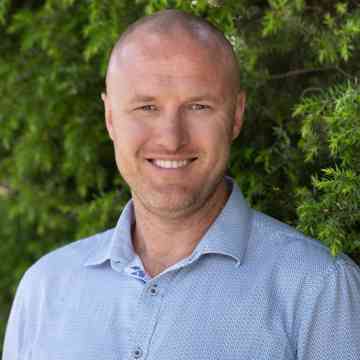A relationship relies heavily on trust – but trust can broken very easily. There is hope, though – trust can be rebuilt.
What is trust?
Trust is the firm belief in the reliability, truth, ability, or strength of someone or something.
Trust is like air: we only see it when it is polluted.
When our partner has let us down (or worse) and we feel that our trust in them has diminished or gone, we need to make a decision. We need to decide to either stay in the relationship and put effort into working it out, or leave the relationship.
The choice being made be complicated by: shared finances, children, mitigating circumstances, and the nature of the issue that has left us feeling betrayed.
One thing is certain though – we do need to choose.Without a concrete and definitive choice being made to either stay or leave, the relationship remains in limbo, and trust is difficult to nurture in uncertain situations.
There are two types of trust
- Blind trust is when you trust someone without bothering to assess whether they deserve your trust.
- Mindful trust means that you see this person with your eyes open: you assess what their communication and behaviour, trusting them only if they deserve it.
It is clearly better to be mindful rather than mindless.
Rebuilding trust in your yourself and in your relationship
Here’s the hard part: trust is rebuilt in small steps. Gradually, a little at a time. You’ll need to decide together if you have space for this process in your life, as patience from both parties is the key. There is no place for anger or resentment: remember that you have chosen to be here. Also, if you want certainty that they will never betray your trust again, the only way you can truly achieve this is by leaving the relationship.
The two parties involved in the trust issue (victim and culprit) both need to acknowledge that there is a lot of work required by both parties to regain trust – it is without doubt a two-way street. For example, the victim needs to decide if they wish to do the rebuilding, which takes time, patience, and may involve painful emotions.
John Gottman is an evidence based couples’ counsellor. He says that trust is built in very small moments of ‘turning toward’. Turning toward means you are ATTUNEd to the other person:
A = Awareness of the other person’s emotions
T = we Turn Toward the other person
T = we have Tolerance for the other person’s opinion
U = we have Understanding of the other person
N = we use Non-defensive responding
E = we have Empathy when we respond
Top 10 Ways to rebuild trust in a relationship
- Apologise wholeheartedly and do not minimise the issue
- Make a strong commitment to your partner and to making the changes needed to rebuild trust
- Ensure there is transparency, openness, predictability in thoughts, feelings, actions – words must match actions
- Ensure that there is a willingness to actively communicate
- Both parties need to be patient – the process will take as long as it takes
- Be predictable: be where you are supposed all the time, every time
- Your words must match your actions: if you are not feeling okay, say so
- Tell your partner what your needs are: this builds intimacy, and intimacy builds trust
- Learn to say no: how can your partner trust you if you always say yes? How can you build trust if you say yes to something you do not want?
- Learn to grow: we need to learn to examine our past despite the pain; we need to confess to problematic behaviours, past and present
Questions you can ask about trust in relationships
Is my partner being honest, open, truthful? Or do they tend to lie, hide, and deceive?
- Are they sincere? Do they really mean what they say?
- Are they reliable? Do they follow through on their promises?
- Do they consider the consequences of their actions?
- Are they capable of actually doing what they promise to do?
Hopefully the answers to the questions above is yes, in relation to both yourself and your partner. If not, it may be time to re-assess your relationship – the key to all relationships is firstly being able to trust yourself.

Marcus Andrews
Marcus Andrews is the founder and director of Life Supports, which was established in 2002. He has extensive professional experience working as a counsellor and family therapist across a broad range of issues. The core component of his role at Life Supports involves the supervision of other counsellors, including secondary consultations. Marcus has worked in many sectors, including private, government, non-profit, health, forensic and community practice.
Recommended Reading
Get help now
Appointments currently available
Open 8am to 8pm weekdays and 9am to 5:30pm weekends